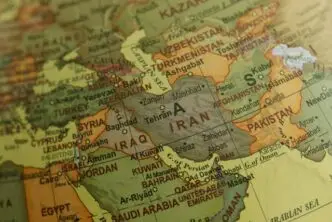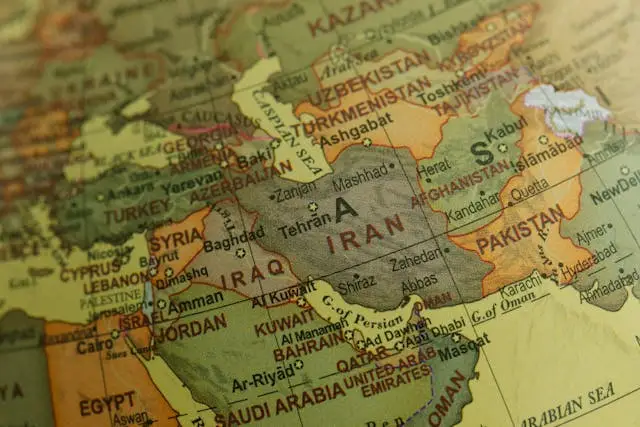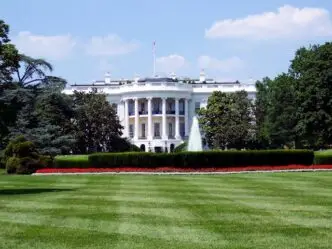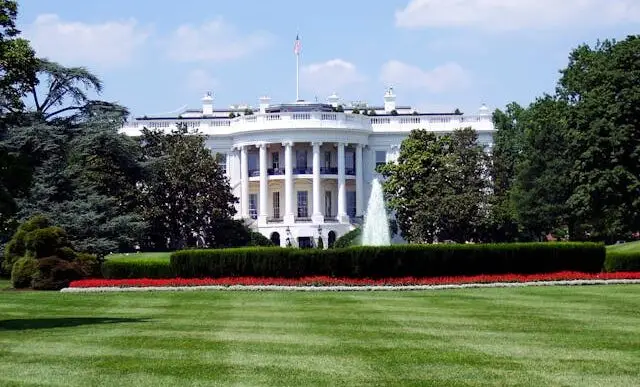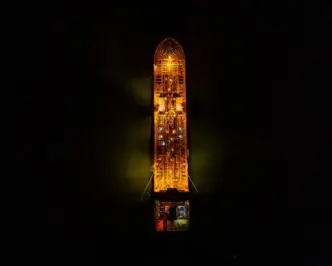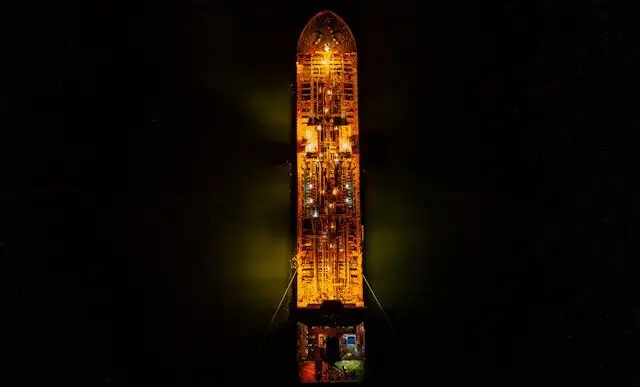Netanyahu Supports Biden’s Attempt to End Israel-Hezbollah Crisis
Israeli Prime Minister Benjamin Netanyahu expressed his backing for a prospective cease-fire agreement, proffered by the Biden administration, intended to terminate the ongoing conflict between Israel and the Hezbollah organization. The conflict, which has been ongoing for 14 months, has resulted in a significant escalation of tensions in the region, rendering a peaceful resolution crucial.
Despite the deal still being in the negotiation phase, Netanyahu’s endorsement of the U.S. administration’s intervention is a significant development. It underscores the urgency of the situation and reflects the Israeli leader’s hopes for a diplomatic resolution to the longstanding hostilities. The details of the proposed agreement are yet to be defined, but it is expected to focus on the cessation of hostilities, stabilizing the region, and ensuring the safety of civilians on both sides.
A Historic Conflict
The Israel-Hezbollah conflict has been a long-standing obstacle to peace in the Middle East, marked by sporadic bouts of intense violence and periods of tense calm. The terrorist organization Hezbollah, based in Lebanon, has been in conflict with Israel since the 1980s, with the situation deteriorating significantly over the last 14 months.
The recent intensification of tensions has resulted in a significant loss of life and property, with both sides launching attacks in the broader context of the ongoing Iran-Israel proxy conflict. The international community has increasingly expressed concern over the situation, calling for an end to hostilities and for dialogue to resolve the crisis.
Biden Administration’s Role and Response
Since taking office, President Biden has placed a high priority on resolving the Israel-Hezbollah conflict, with the administration viewing it as a critical step towards achieving broader stability in the Middle East. The U.S., historically a staunch ally of Israel, has been advocating for a diplomatic resolution while also expressing concern over Hezbollah’s activities.
The Biden administration’s proposal for a cease-fire has been welcomed by various global leaders, expressing hope that it will pave the way for a lasting peace between Israel and Hezbollah. However, the details of the plan are still under negotiation, with both parties needing to agree on the terms and conditions that will ensure long-term stability.
The Road Ahead
Netanyahu’s support for the cease-fire deal is a significant step forward, signaling Israel’s willingness to engage in negotiations to end the conflict. However, the road ahead is fraught with challenges. The prime minister’s endorsement of the plan does not guarantee its success, as the agreement’s success hinges on Hezbollah’s willingness to participate in the peace process.
Despite these challenges, the cease-fire proposal represents a beacon of hope for a region long marred by conflict. It offers a potential path towards de-escalation, with the involvement of the U.S. administration lending significant weight to the peace process. As negotiations continue, the world watches with cautious optimism, hoping for a peaceful resolution to a conflict that has claimed too many lives already.
While the specifics of the proposed cease-fire remain under negotiation, it is clear that a diplomatic resolution to the Israel-Hezbollah conflict is now more than ever an urgent necessity. As the world waits for the next steps, the hope is that the cease-fire will mark the beginning of a new era of peace and stability in the Middle East.

